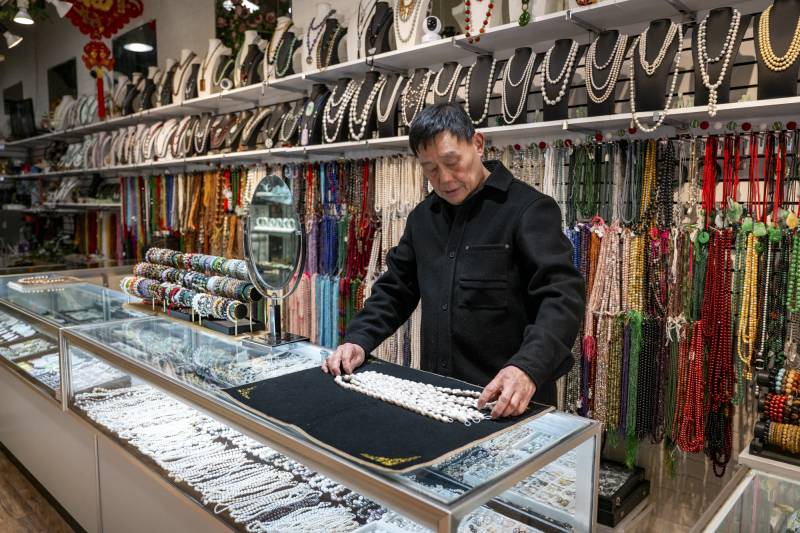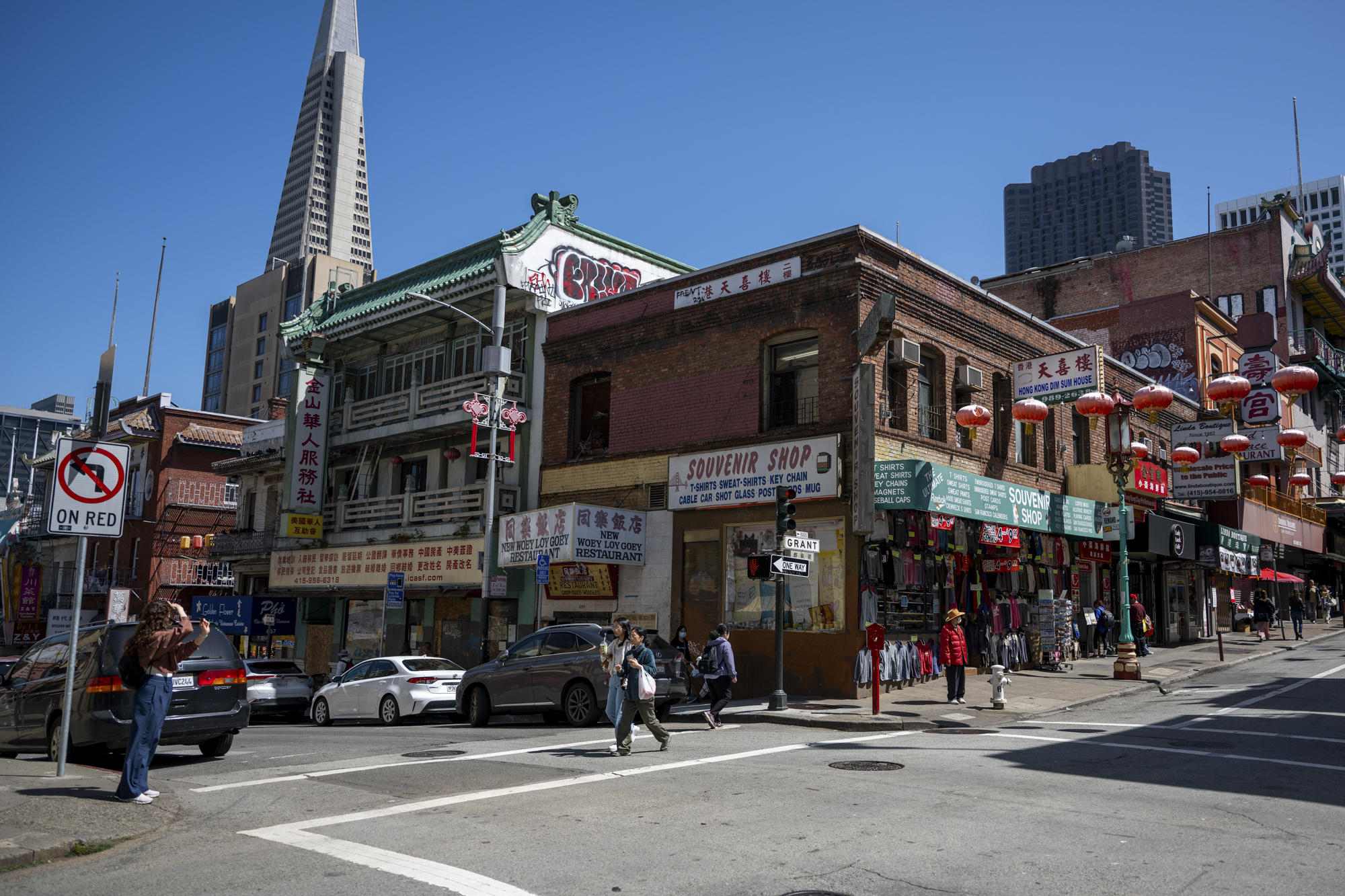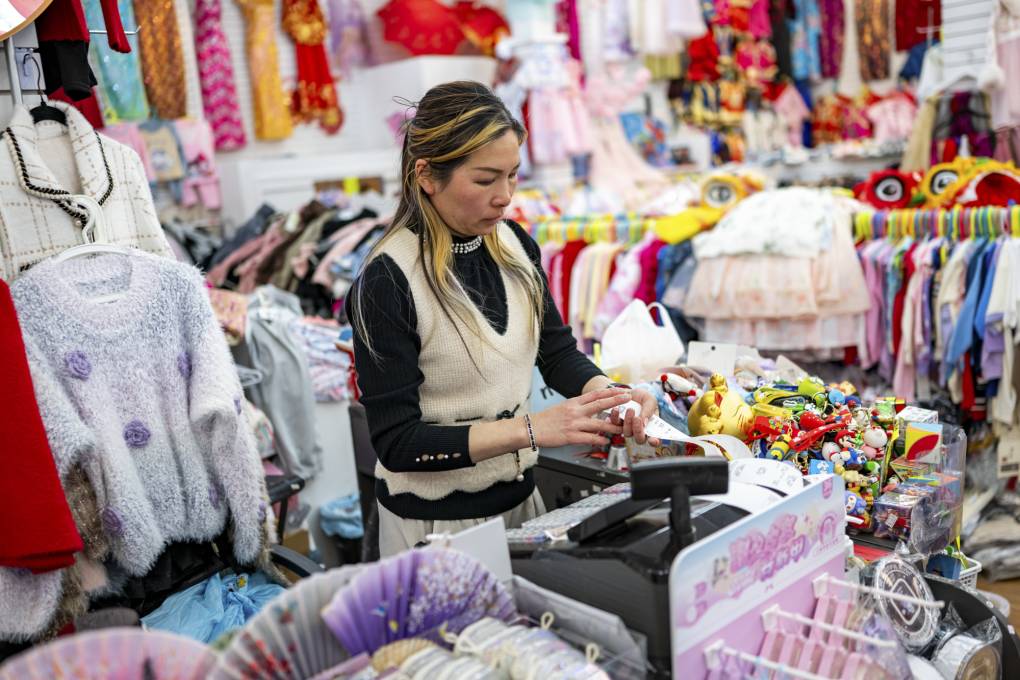“I think Chinatown is at the center of why these tariffs are so harmful and how devastating they’re going to be — not to another country’s government, but to us here, in our country,” Haney said on Tuesday.
Many products sold here can’t be found anywhere else in the city, he said.
“This is a direct attack on these businesses, and it’s a direct attack on our residents who rely on this community,” Haney said. “This is where they get their medicine. This is where they get their clothing. This is where they get their goods to cook.”
Haney said that if the administration refuses to relent on the tariffs, Gov. Gavin Newsom has indicated he would begin negotiating directly with China on a California trade agreement.
“It’s unfortunate that California is increasingly having to act like our own country, negotiating trade agreements with countries and trying to find ways to reduce the cost of these imports,” said Haney, who noted California’s recent lawsuit against the administration over the tariffs. “Because our businesses, our economy, cannot survive without these imports, especially coming from Asia.”
The trade war has pushed Chinatown merchants into an existential crisis, Malcolm Yeung, executive director of the Chinatown Community Development Center, told KQED for a recent story profiling several local business owners.
“ This has always been a community that has been built around trade,” he said, noting the resiliency of the district throughout its long history. “Trade created an opportunity for upward economic mobility for people through owning stores, or by leveraging relationships that they have back in China.”
KQED’s Cami Dominguez and Azul Dahlstrom-Eckman contributed reporting.



